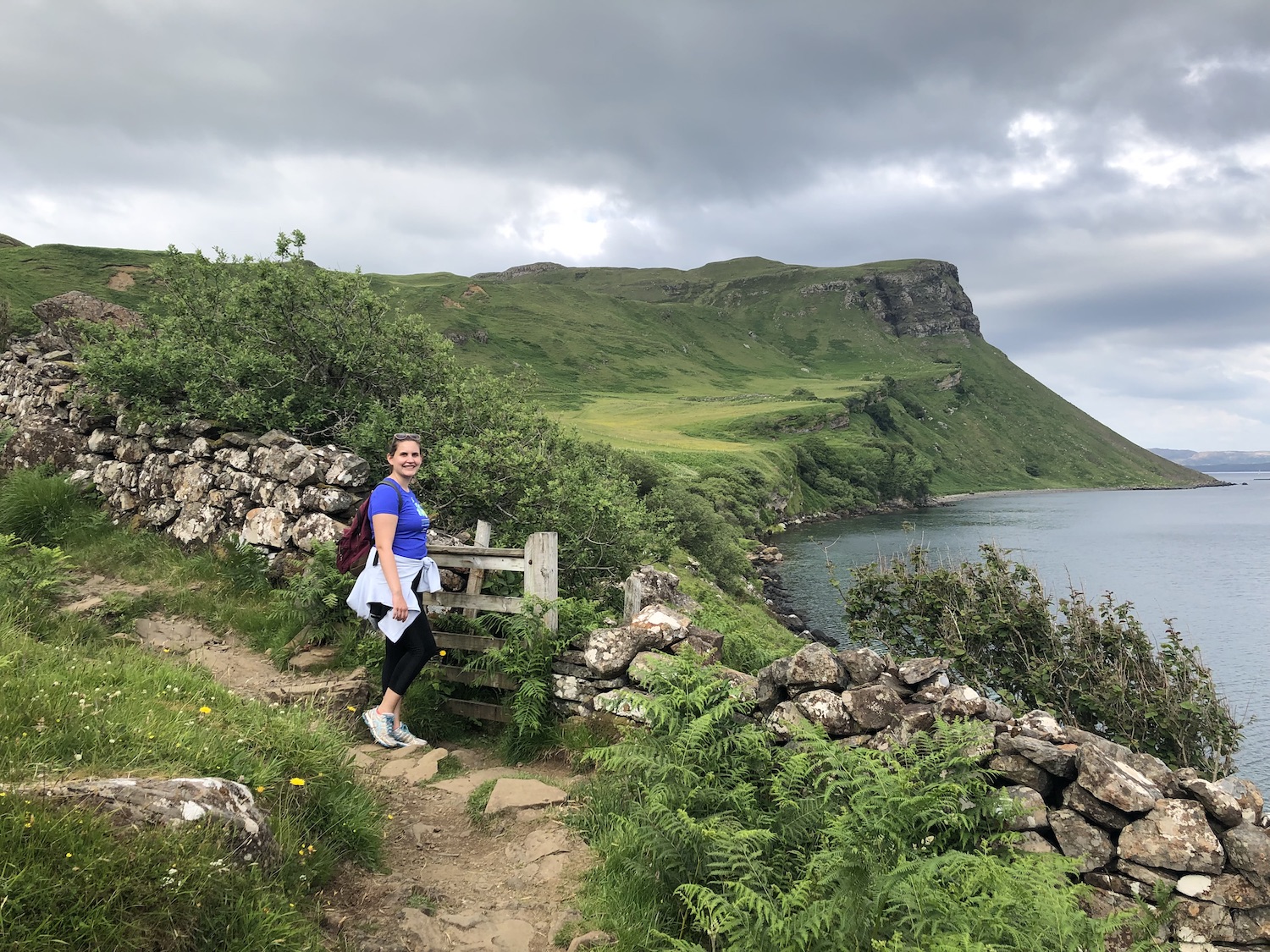
Clinician Spotlight: Lindsey Spratt, LMHC, BC-DMT
Meet Lindsey!
Lindsey is a virtual therapist and works with clients throughout the state of Massachusetts.
1.) Hi, Lindsey! When did you first know you wanted to become a therapist?
I have known since college that I wanted to be in a profession working with and connecting people. I had originally thought I would go down a medical path. However, after working in a nonprofit after college with mothers and children, I experienced the power of voice and the ability to share one’s stories and connect with others. This is when I realized I wanted to continue to do deeper work with people to give a space for their voice and connection/belonging.
2.) Where did you go to school and what was one of the highlights of your learning experience?
As an undergrad at Mount Holyoke College I studied both dance and psychology. This is where I started to make the connection between movement and healing and movement and expression. I went to graduate school at Lesley University where I received a degree in Mental Health Counseling with a concentration in Dance/Movement Therapy. I believe there are many ways for individuals to express themselves and having a combination of both verbal and nonverbal communication can sometimes make expressing and processing emotions more accessible.
3.) What is something you have discovered about being a therapist that perhaps you didn't realize when you first started this journey?
I think perhaps one thing I theoretically knew but did not fully resonate with me until I became a therapist is how individual everyone's experience is with therapy. Everyone has a unique experience, background, and story and while it is really powerful and important to create connection and belonging there is no “one size fits all” approach to therapy and that both the approaches and the therapeutic environment needed vary greatly depending on the individual.
4.) What are some of your most go-to approaches, interventions or skills?
I take a very person-centered approach with each individual. I think creating trust and a safe therapeutic space is the foundation for any other interventions. Other interventions I utilize often are mindfulness, body awareness, expressive therapy interventions, and CBT.
5.) What is one of the more challenging things about being in this field?
One characteristic I highly value as a therapist is empathy. Being able to connect to and understand a client’s experience is an important aspect of supporting an individual’s therapeutic journey. However a challenge that comes with an empathetic connection is being mindful of maintaining appropriate boundaries for myself in my work and life. While this balance sometimes changes, the awareness of the boundaries allows me to stay deeply present with my clients while maintaining appropriate self-care for myself.
6.) Which themes/topics interest you when considering continuing education in the near future?
I am very interested in how different aspects of individuals’ identities and their communities can shape their experiences and wellbeing. I think that understanding oneself and feeling a sense of connection and belonging go hand in hand.
"Relational-Cultural Therapy" by Judith V. Jordan because it looks at an individual in the varying contexts of their lives.

Schedule an Appointment
We are accepting new clients!


